In this episode, I talk about organic foods, should we buy them and if so which ones?
Chemicals
Our bodies were not made to process chemicals, and if we are eating foods such as vegetables that are seen as healthy foods, it is, in my opinion unfair at best, deceitful at worst that they may come to you ladened with chemicals and toxins.
I talk more about chemicals in the products we use in Episode 30. It can be difficult to remove a lot of the toxins that are in our environment, which is why we shouldn’t be eating food that is adding to that toxic burden.
Dirty Dozen
Each year there is a list of the ‘dirtiest’ fruit and vegetables that are currently being sold in our shops. These are the foods that have the highest levels of chemicals and residue on them. The list is as follows:
- Strawberries
- Spinach
- Kale, collard and mustard greens
- Nectarines
- Apples
- Grapes
- Cherries
- Peaches
- Pears
- Bell and hot peppers
- Celery
- Tomatoes.
If you are trying to eat more organically, these are where you should start.
Clean 15
There is also a list of the ‘cleanest’ fruits and vegetables that are currently being produced. This year in the UK, these are:
- Avocados
- Sweetcorn
- Pineapple
- Onions
- Papaya
- Frozen Peas
- Aubergine
- Asparagus
- Broccoli
- Cabbage
- Kiwi
- Cauliflower
- Mushrooms
- Honeydew Melon
- Cantaloupe Melon
These are the ones that you need to worry about less, but I would still advise you to try to buy locally where possible.
Meat
I encourage you to eat less meat but better quality. If you buy good quality chicken then you know it’s not filled with water, antibiotics or worse, and just use more sparingly. I use lots of cheaper cuts of meat and cook them longer, my butcher helps me choose the best cut for the meal that I’m preparing. Adding pulses to a dish is a great way of bulking out expensive ingredients such as meat and filling a hungry family.
What do I do?
I don’t always buy organic, and lots of the places where I shop don’t have lots of different varieties.
What I do, is make sure that I buy as locally and seasonally as possible. For me, it is important to buy from producers that are invested in the long-term welfare of their crops, animals, the soil and the environment. I feel this is the best option for the planet and for my personal health.
My links
I encourage you to find what works for you, and I’d love to hear your thoughts.
